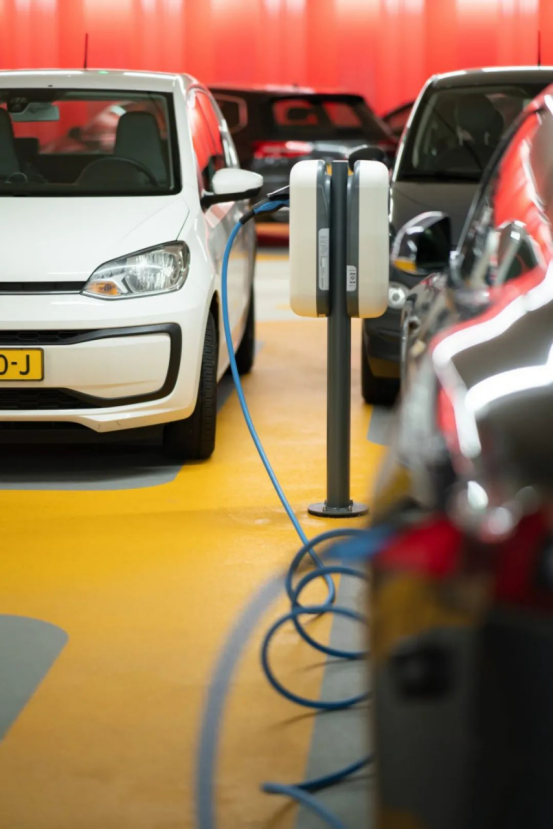
The pandemic is not over. Electronics factories and ports in Shanghai and other parts of China have closed again due to a new wave of infections. How do you think this will affect the connector industry?
While these closures are relatively recent, they appear to have impacted the industry. It is understood that 5 large-scale factory cities are temporarily suspended, public transportation is suspended, and major business districts are in a state of blockade. Some appear to be back in operation, but a shutdown of just a few days can have a huge impact on production. Those working in closed environments (workers living on campus) were least affected.

According to Reuters, “It is evident that two Ukrainian companies, Ingas and Cryoin, have stopped production [of neon signs] . Ukraine is an important supplier of neon signs, with Ingas and Cryoin accounting for the world’s total production of neon signs. 45% to 54% of 2019. Neon lights are used in a key step in chip production, and shortages will increase prices and lead times. While most chip makers downplayed the impac from neon supplies, saying they have ample stocks, But it remains to be seen how much a shortage of this and other gases will affect the electronics industry. South Korea, home to Samsung, the second-largest contract chipmaker, recently lifted levies on three gases (neon, xenon and krypton). A 5.5% import duty on these gases is essential for chip manufacturing.
Neon isn't the only raw material that could be in short supply. Palladium (Russia accounts for about one-third of global demand) is used to make sensors, multilayer ceramic (chip) capacitors, connector contacts and memory products, as well as catalytic converters for cars and fuel cells. Tighter regulations on internal combustion engines have led automakers to embed more metal in exhaust pipes to neutralize emissions, which has drained supplies over the past decade.
In addition to these two raw materials, the rise in oil prices, not only due to sanctions imposed by geopolitical events, but also since pre-pandemic, due to labor shortages that have prevented many producers from returning to full production, has also had a negative impact on the electronic connector industry. great influence. In addition to naturally increasing the shipping price of raw materials and finished products, rising oil prices have also affected the prices of many high-quality and engineering-grade plastics used in the manufacture of body and insulator materials used in most connectors, as well as the prices of plastics used to package finished products.
Not necessarily directly related to the connector industry, but one of the key factors in the semiconductor shortage in the automotive industry was the decision to start designing some much-needed chips in-house rather than relying on suppliers in the Asia-Pacific region. There's also a major push to reduce the number of specialized chips in future vehicles by nearly 95 percent.
In the field of electric vehicles, one of the major outcomes of the past two years or so has been the decision by several automakers to develop and manufacture lithium-ion batteries in the regions where vehicles are built and consumed. A case in point is Toyota's decision to build enough battery packs to power more than a million electric vehicles in North America each year.
What changes are suppliers making to their organizational structures, supply chains, etc. to address these global challenges?
What they all seem to be doing is trying not to concentrate too much supply chain in one country. This will affect China's dominance in electronics manufacturing.
Many connector manufacturers foresee these difficulties and try to protect themselves by ordering more raw materials than they normally supply. This is the exact opposite of the just-in-time, build-to-order pipeline model that most companies have focused on for the past two decades. This philosophy is passed on to end customers as we have seen connector bookings grow at an unprecedented rate. As of February, the connector industry had an order backlog of 14.7 weeks or more than $23 million. In addition to stockpiling raw materials, most connector manufacturers spend hours finding acceptable material substitutes, as well as the aforementioned new suppliers.








